A retired senior police officer recently revealed that a real-time tracking system, once pivotal to the Intelligence Response Team’s (IRT) success in solving criminal cases, was eventually misused by politicians to monitor “enemies and mistresses.”
This revelation came during an interview with Vanguard, where the officer explained the system’s original intent was to track kidnappers’ movements and intercept communications for timely arrests and rescues.
The tracking technology was introduced in 2015 under the leadership of then-Inspector-General of Police Solomon Arase, who aimed to implement intelligence-led policing.
The IRT, responsible for monitoring kidnappers, used the tracking system to gather crucial data, such as call patterns, locations, and potential hideouts, helping them stay ahead of criminals.
One notable success attributed to this technology was the capture of five kidnappers involved in the abduction of Chief Olu Falae, the former Secretary to the Government of the Federation, in 2015.
The kidnappers were apprehended in Suleja, Niger State, with the ransom money and other evidence still in their possession.
When asked why the system eventually failed, the retired officer blamed the shifting priorities of successive Inspectors General of Police.
He explained that while Arase had established a robust technical platform for tracking criminal activities, subsequent IGPs did not maintain the same focus.
The system, initially intended for crime prevention, was instead used for political purposes, leading to its decline.
According to the officer, the integration of the technical and operational units under one individual, who could be influenced by politicians, marked the beginning of the platform’s downfall.
Over time, the system’s maintenance and subscription fees were neglected, resulting in its eventual breakdown. Without regular upgrades, the tracking equipment became outdated and ineffective.
He said: “The priority of successive IGPs was quite different. Solomon Arase set up the platform when he was the IGP. It was a technical platform to track calls.
“It was mounted in the IGP’s office then and only one officer, who is now an AIG, had access to the technical platform.
“The Intelligence Response Team, IRT was supposed to be the operational wing that would work with the technical platform. When the technical team got information, it would pass it to IRT to go to the location and make an arrest. Drones and vehicles were bought for the operation.
“But successive IGPs who were analogues didn’t know what to do. They merged the technical platform and IRT. Instead of the platform being used for crime prevention, it became political.
“People in the National Assembly and Villa got hold of the platform and used it to track their enemies and mistresses.
“For such a platform, you don’t give both the technical and the operational units to just one person who would be compromised by politicians. That was the beginning of the collapse of the platform. It requires someone with power and intelligence; someone of a strategic level who is keen on that line.
“This platform was supposed to be renewed and hooked up with the service provider. But that was never the priority of successive IGPs.
“They had money to pay for the accumulated subscription but they refused to pay. When you leave such a system for more than one year, it requires recalibration. This technology keeps evolving.
“You can’t say something you set up today will be used the same way for 10 years without being upgraded. Before long, the system broke down, and the functionality of the police tracking equipment began to diminish and subsequently went comatose.
“The tracker, particularly, became non-functional due to non-subscription as well as failure to engage the relevant company to carry out required system upgrades.
“Due to the failure to pay subscription fees for about three years, and after a grace period had expired, the company overseeing its maintenance and upgrade decided to withdraw its services. This made it difficult to track bandits, kidnappers, and other forms of violent crimes.”
Vanguard noted that despite the current Inspector-General of Police, Kayode Egbetokun, reactivating the tracking device, the system still struggles to track kidnappers across the country effectively.
This situation persists despite the availability of tracking devices from the Department of State Services (DSS) and the Office of the National Security Adviser (ONSA).

 2 months ago
96
2 months ago
96



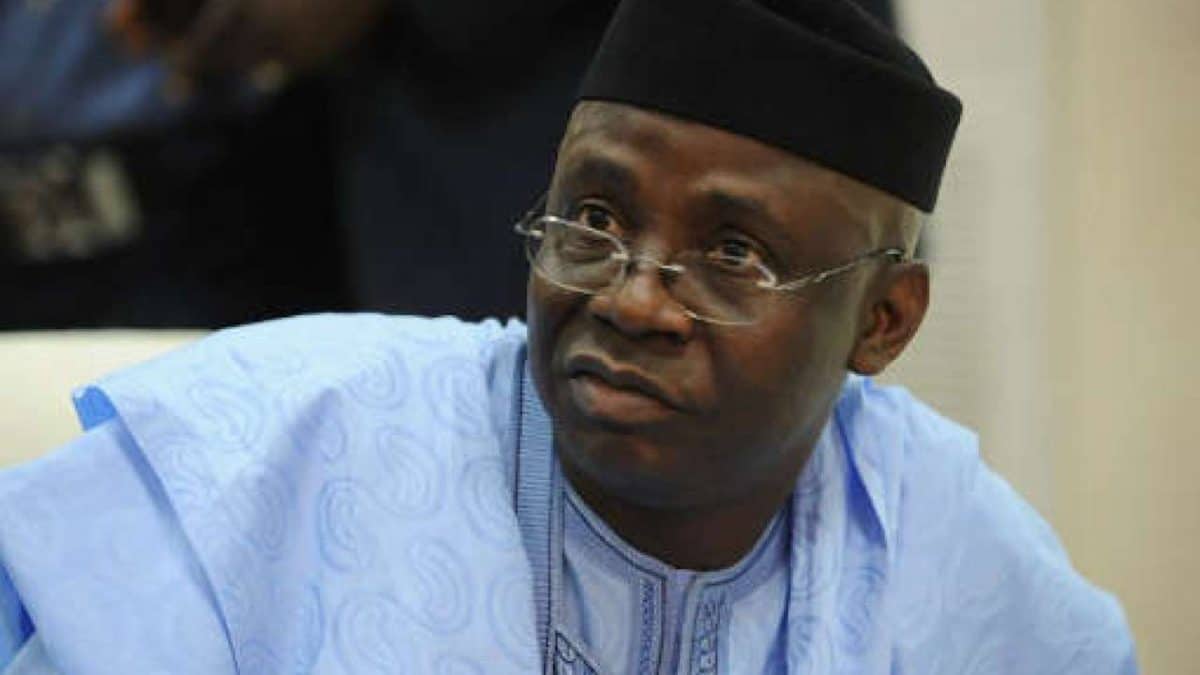
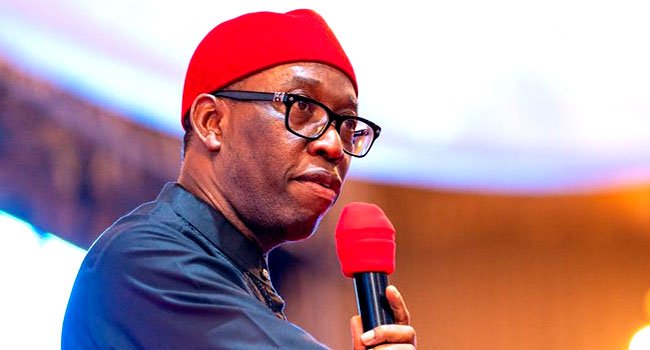

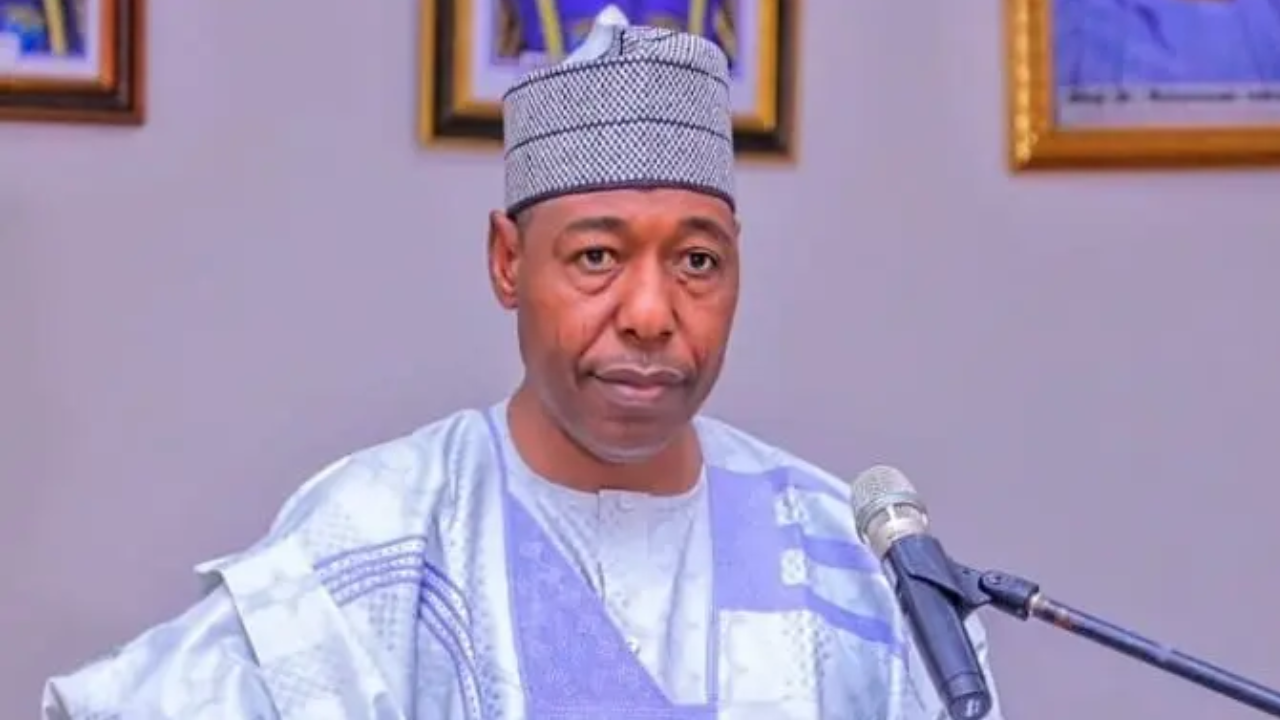

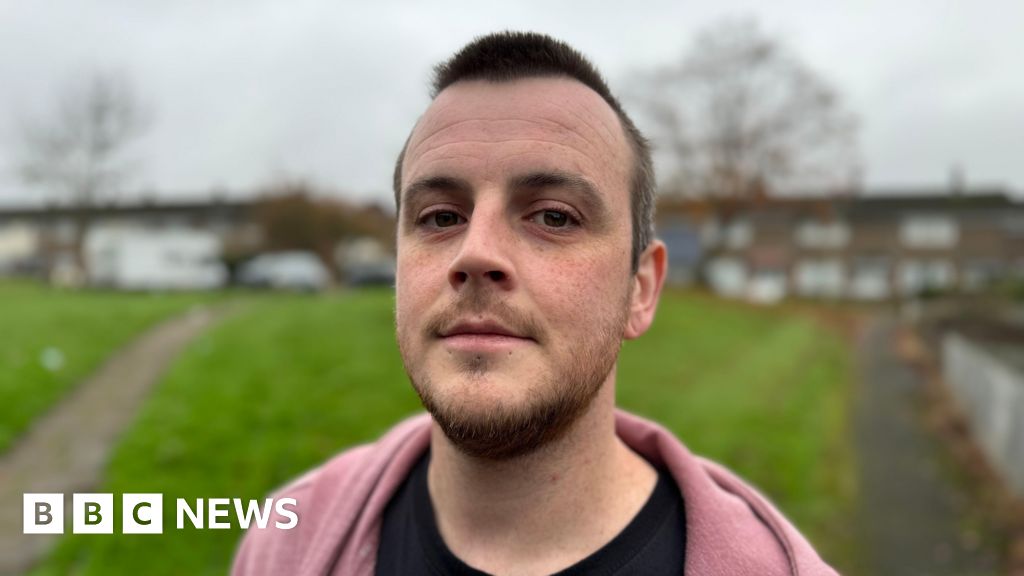

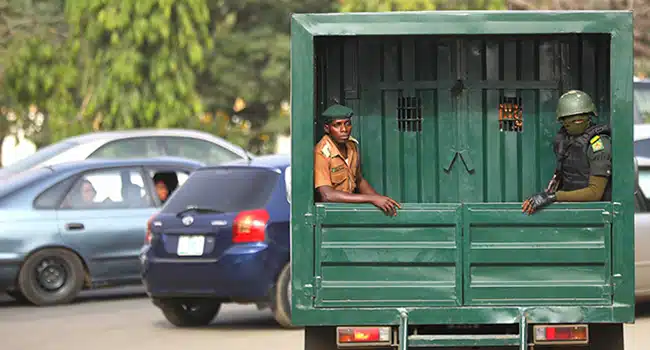

![Edo Deputy Gov Idahosa Meets Philip Shaibu [Photos]](https://www.naijanews.com/wp-content/uploads/2024/11/IMG-20241112-WA0078.jpg)


 English (US) ·
English (US) ·